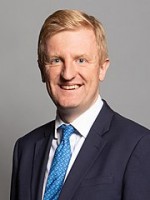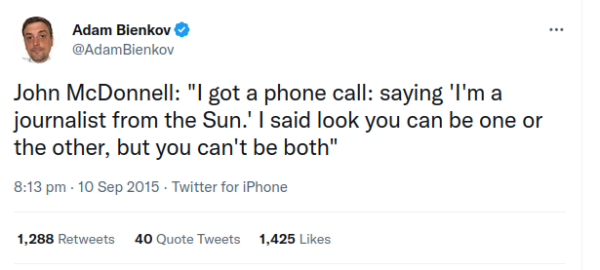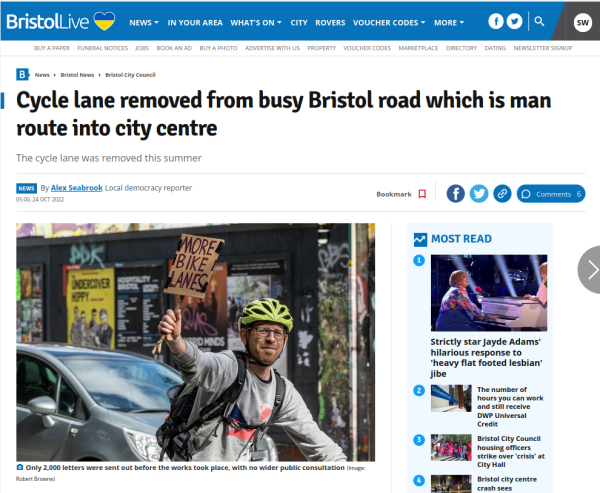 Google Chrome is a cross-platform web browser first introduced in 2008. Based largely on the open source Chromium browser, perhaps the best description for it is proprietary freeware.
Google Chrome is a cross-platform web browser first introduced in 2008. Based largely on the open source Chromium browser, perhaps the best description for it is proprietary freeware.
French IT news website Le Monde Informatique reports that a federal judge in California is examining complaints against Google alleging that the company is tricking users into believing that their private life is protected when using the browser’s incognito mode. The lawsuit which was initiated before the North California District Court more than 2 years ago by 5 users is now awaiting a more recent petition from these plaintiff in a class action. One of the complaints concerns Chrome users with a Google account who accessed a non-Google website containing Google tracking or advertising code and who were browsing in incognito mode; a second covers all users of Safari, Edge and Internet Explorer with a Google account who accessed a non-Google website containing Google tracking or advertising code in private browsing mode. According to legal documents first disclosed by Bloomberg, Google employees joked about the browser’s incognito mode and the fact that it was not really private. They also took the company to task for not having done more to provide users with the privacy they though they were enjoying.
Judge Yvonne Gonzalez Rogers, who presides over the United States District Court for the Northern District of California, will decide whether the tens of thousands of users of Chrome’s incognito mode can be grouped together to seek statutory damages of $100 to $1,000 per violation, which could potentially increase the fine to over $5 bn. The definition of the word incognito is to disguise or conceal one’s identity. The confidentiality settings of web browsers are intended to delete local traces of sites visited by a user, as well as web searches and information provided when filling in online forms. Simply put, private modes such as incognito are not supposed to track and record data from web searches and sites visited by users. Google is also facing proceedings linked to user confidentiality from the justice ministers and public prosecutors of several federal states including Texas, the District of Columbia and Washington. Earlier this month Google settled a lawsuit filed by the attorney general of Arizona for $85 mn. Initially filed in June 2020, the class action was asking for at least $5 bn., accusing Google of surreptitiously collecting data on what people were viewing online and where they were browsing despite using private browsing mode. Lawyers for the plaintiffs say they have a large number of internal Google emails proving that managers have known for years that private browsing mode does not do what it claims. When a user chooses to use this incognito mode, Google’s browser is supposed to delete browsing history and cookies automatically at the end of a session.
Data sold for advertising purposes in auctions
The plaintiffs, who are Google Account holders, alleged that the search engine collected their data, distributed it and sold it for targeted advertising through a real-time auction system (RTB). LThe plaintiffs allege that even in incognito mode, Google can see what sites Chrome users are visiting and collect data by means which include Analytics, digital fingerprinting techniques, concurrent applications and processes on a user’s device and AdManager. The latter is a Google service enabling businesses to distribute and create web, mobile and video advertising reports for a company.
According to one report, more than 70% of all website use one of more of Google’s services. More specifically, the plaintiffs allege that every time a user with private browsing mode active visits a website running Analytics or AdManager, the search giant’s software scripts on the site surreptitiously order the user’s browser to send a secret separate message to its servers in California. “Google learns exactly what content the user’s browser software was asking the website to display, and it also passes a header containing the URL information of what the user viewed and requested online. Device IP address, geolocation data and user ID are all tracked and logged by Google”, according to one report in the lawsuit. “Once collected, this mountain of data is analyzed to build digital records on millions of consumers, in some cases identifying us by name, gender, age, and medical conditions and political issues we researched online”, the lawsuit claims.
Truly private browsing results in loss of revenue
In March 2021, a California judge denied 82 motions by Google’s attorneys to end the lawsuit and ruled against the company, allowing it to proceed. In July that year the company was sentenced to pay almost one million dollars in legal fees and expenses as a penalty for not having disclosed evidence concerning the lawsuit in a timely manner.
This week a spokesperson for Google told the Washington Post it had been frank with users about what its incognito mode offers in terms of privacy and that the plaintiffs “deliberately misrepresented our statements”. Jack Gold, senior analyst at J. Gold Associates, said the company makes the majority of its revenue by tracking everyone and selling ad space. “If they’re really creating a completely private browsing experience, then the revenue stream is gone,” he said. “So, I suspect there is a ‘balancing act’ going on internally as to where the borders are around privacy vs. tracking. No company builds a free browser without being able to generate revenues somehow”. The plaintiffs in the case said they chose “private browsing mode” to prevent others from learning what they’re viewing on the internet. When it comes to using Google Chrome and other browsers, “let the user beware,” Gold said. “You have to trust the maker to take care of your privacy, but it’s not always in their best interest to do so”.

 Your ‘umble scribe likes to think he was properly brought up: polite, courteous, not swearing people, particularly women, and such like. As regards swearing, his sister has more than once revealed that when she and my late father were on a bus once, he admonished fellow passengers for swearing because women were present.
Your ‘umble scribe likes to think he was properly brought up: polite, courteous, not swearing people, particularly women, and such like. As regards swearing, his sister has more than once revealed that when she and my late father were on a bus once, he admonished fellow passengers for swearing because women were present. According to the messages published by today’s Sunday Times, Williamson accused Morton of exploiting the Queen’s death for political purposes, particularly as he was out of favour at the time with the English Empire’s shortest serving ever prime minister, one Elizabeth Mary Truss, now safely removed from high office and returned to the back benches.
According to the messages published by today’s Sunday Times, Williamson accused Morton of exploiting the Queen’s death for political purposes, particularly as he was out of favour at the time with the English Empire’s shortest serving ever prime minister, one Elizabeth Mary Truss, now safely removed from high office and returned to the back benches.
 The disgraced former Secretary of State for Health and Social Care, one Matthew John David Hancock, has lost the Conservative Party whip for agreeing to take part in trash TV show I’m A Celebrity… Get Me Out Of Here!,
The disgraced former Secretary of State for Health and Social Care, one Matthew John David Hancock, has lost the Conservative Party whip for agreeing to take part in trash TV show I’m A Celebrity… Get Me Out Of Here!, 



 Good news was received by your ‘umble scribe late yesterday evening: disgraced former party-time alleged prime minister Alexander Boris de Pfeffel Johnson was withdrawing his candidacy for the Tory party leadership and this his bid to regain the premiership just three months after he had been ousted from 10 Downing Street in the wake of a mass resignation by no fewer than sixty government ministers.
Good news was received by your ‘umble scribe late yesterday evening: disgraced former party-time alleged prime minister Alexander Boris de Pfeffel Johnson was withdrawing his candidacy for the Tory party leadership and this his bid to regain the premiership just three months after he had been ousted from 10 Downing Street in the wake of a mass resignation by no fewer than sixty government ministers.